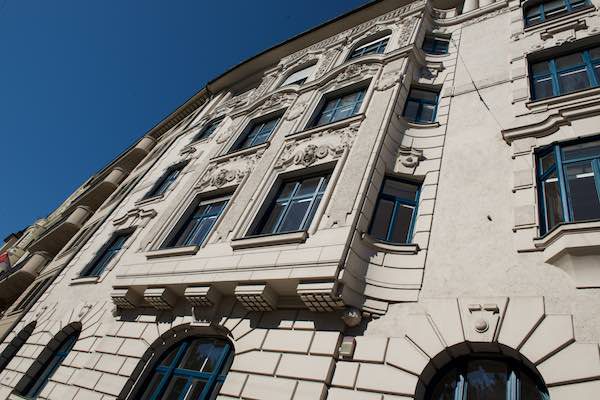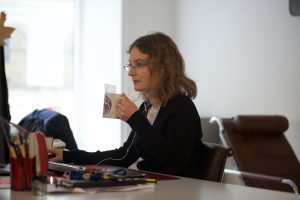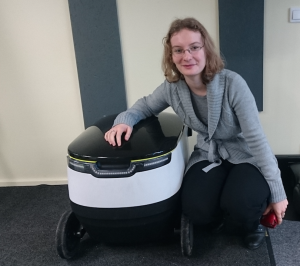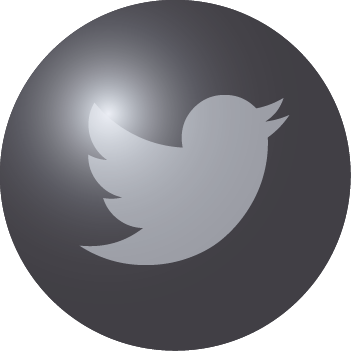Why is my patent attorney based in Munich?
In Germany, there are approximately 4 ,400 patent attorneys. Approximately 1 ,600 of those are based in Munich. That is, approximately every third German patent attorney works in Munich. In this article, we would like to shed some light on the reasons for that.
The first likely reason is the large presence of very good technical universities in Munich. To qualify as a German patent attorney, one needs to hold an academic degree in natural sciences or engineering. Munich is home to the Technical University and the Ludwig Maximilian University. These universities have an outstanding reputation for engineering and natural sciences, both nationally in Germany as well as internationally. Thus, there are many candidates in Munich who could potentially qualify as patent attorneys.
In addition, many large companies with a technical focus are based in Munich or in Munich’s vicinity, e.g., BMW, Siemens, and Infineon. These companies do not only employ many patent attorneys, but also engage external patent attorneys for some additional tasks.
Further, and probably most importantly, the European Patent Office, the German Patent and Trademark Office, and the German Federal Patent Court are all based in Munich. The patent offices examine European and German patent applications, respectively, and the Federal Patent Court reviews decisions of the German Patent and Trademark Office. Patent attorneys often need to visit these offices and this court, e.g., for oral proceedings. A home base in Munich is therefore useful be close to these institutions, and to spare the clients costs for travelling and accommodation. Further, the patent offices and the patent court create an excellent “ecosystem” in Munich: Munich is home to numerous patent examiners, patent judges, and patent attorneys. This enormously facilitates the professional exchange, both at conferences and at an informal level.
Due to all these reasons, Munich is a very suitable base for patent attorneys, which is also why we decided to establish our practice in Munich.
Do you have any questions relating to patent law? If so, please feel free to contact us by calling +49-89-41112880 or via email to mail@stellbrink-partner.com. In case you are interested in qualifying as a patent attorney, or in case you are generally interested in working for our firm, please feel free to contact us by calling the above number or via email to careers@stellbrink-partner.com. We are looking forward to hearing from you!





